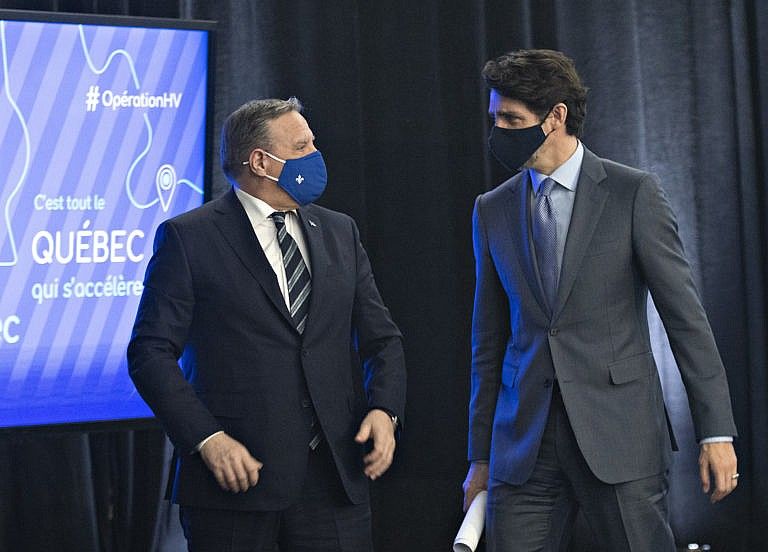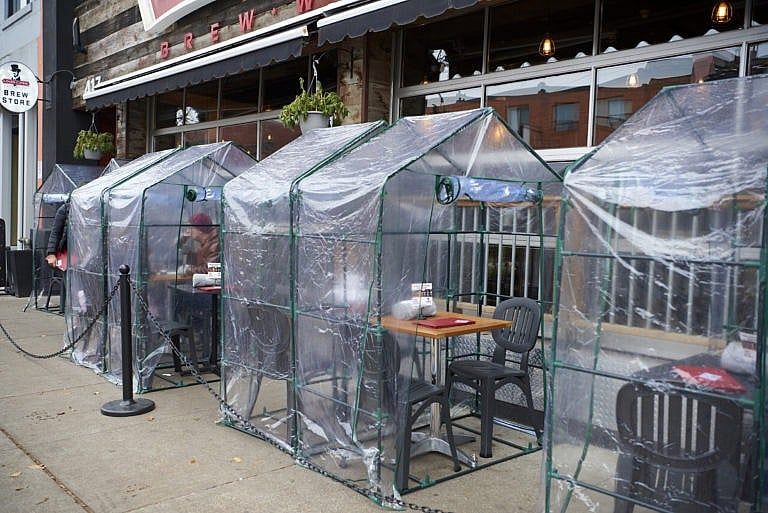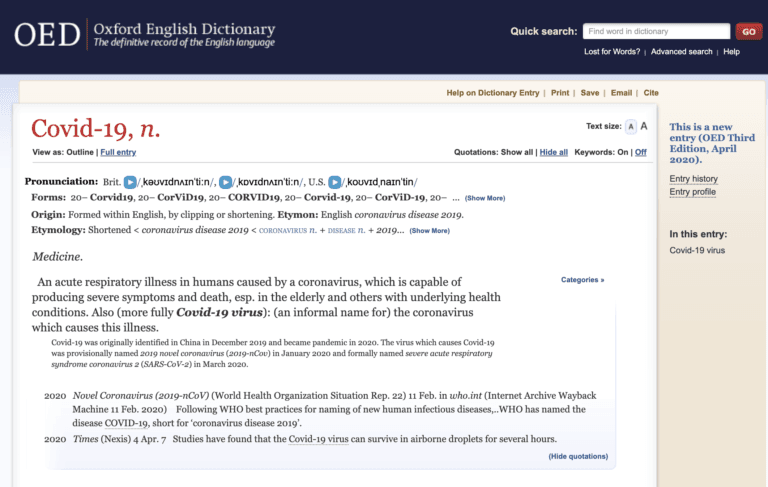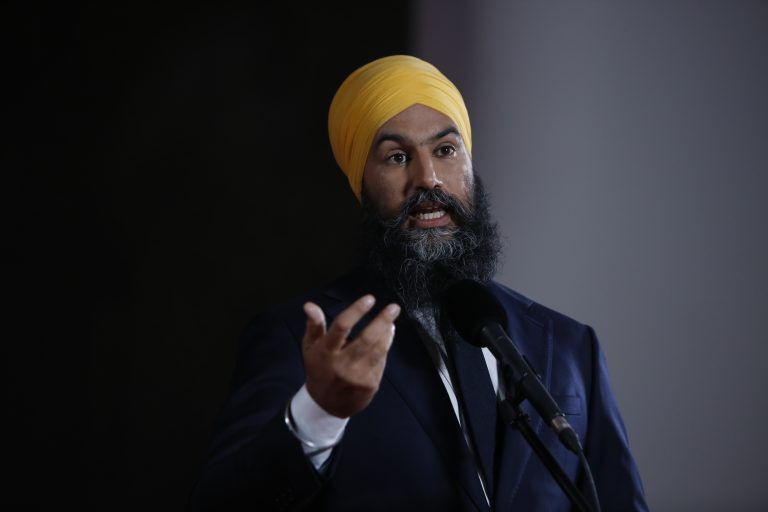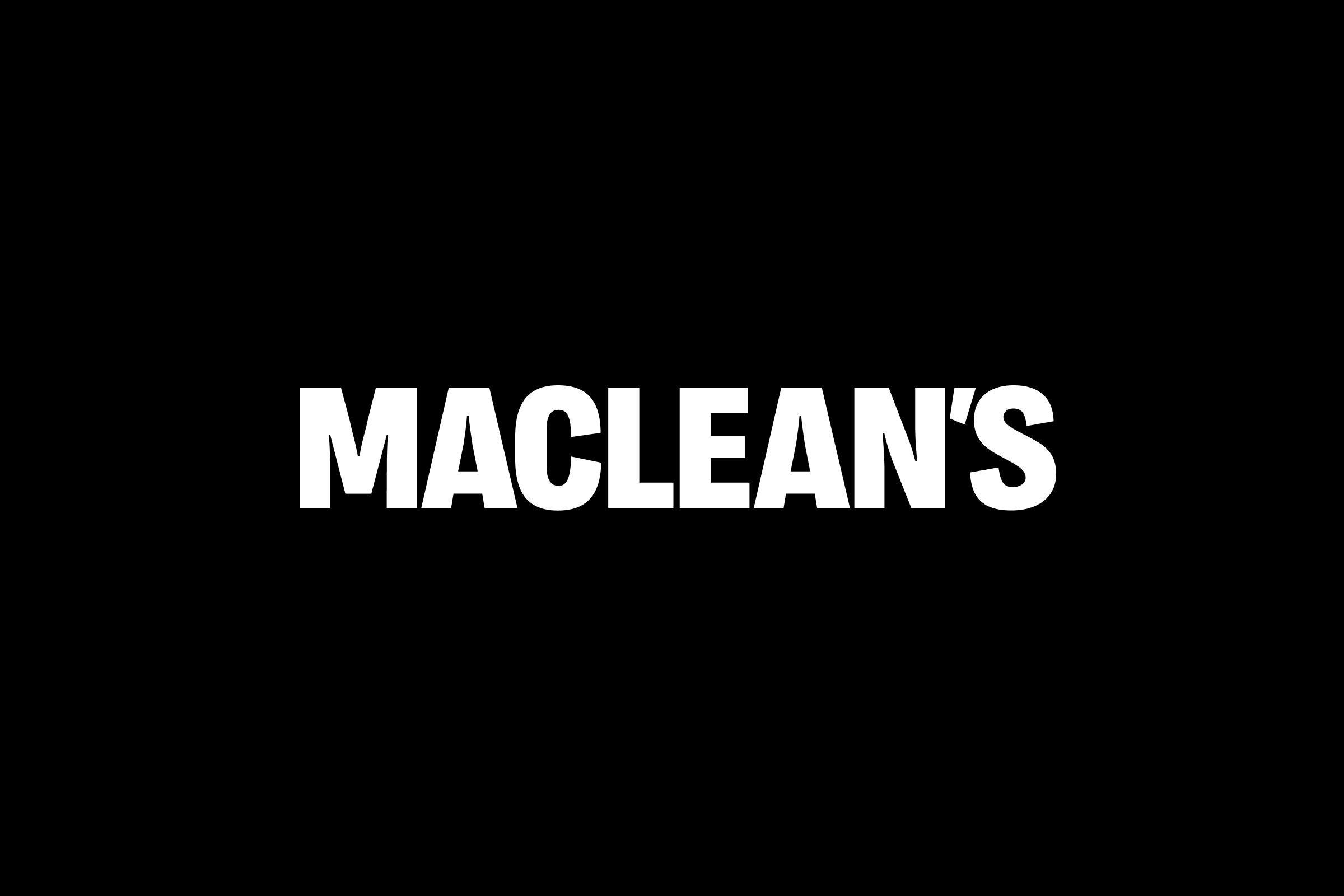language
A sneak attack on language rights
Tom Mulcair: Bill 96 deserves much more than nodding approval of leaders in Ottawa. Failure to defend rights comes at a cost to our unity and well-being as a country.
‘Who are you bubbling with?’ How COVID-19 has changed language over the past year
From social distancing to variants of concern, pandemic-specific terms have become part of our everyday vernacular
Tracking COVID-19’s evolving language, from ‘self-isolation’ to ‘social distancing’
The Oxford English Dictionary is adding pandemic-related terminology to its repositories of words, including a completely new word: COVID-19 itself.
Jagmeet Singh’s secret weapon: The way he talks.
The NDP leader switches seamlessly from formality to so-called ‘multicultural Toronto English,’ sounding educated and down-to-earth at the same time
Bonjour! Hi! Let us discuss language politics
Paul Wells on the Quebec National Assembly’s farcical motion about how merchants should greet their customers
A dictionary editor’s concession: Language is ‘really squishy’
A Q&A with Kory Stamper, an editor at Merriam-Webster and author of ‘Word By Word,’ on profanity, and the politics of language
How to preserve Indigenous languages for the next generation
William and Kate will see the latest tool in an Indigenous linguistic arsenal in Whitehorse
‘Have we met?’: Sperm whales can talk, and even have dialects
From 2016: Research reveals an unprecedented view into the social lives of these ocean mammals, who can use ‘vocal clans’ to distinguish themselves
The problem with ‘Problematic’
One word’s meteoric journey from academic jargon to mainstream language to over-used cliché.
The flap over the fluency gap
As schools turn to international students to fill chairs and coffers, concerns grow about English proficiency
Why students should care about spelling
Its not 4 the reasonz u thynk
Minority job applicants get fewer callbacks
Study reminiscent of 1948 Maclean’s article by Pierre Berton
